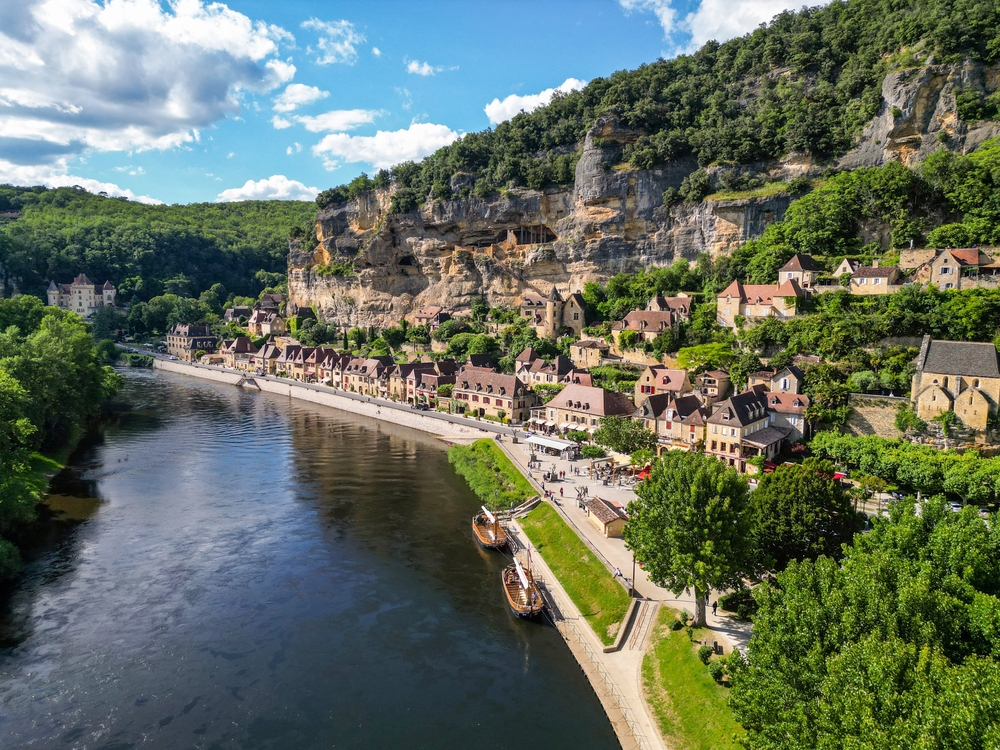
20 February 2024
Responsible tourism: becoming an informed traveller
Are you passionate about travel, adventure, and discovery, but also want to act responsibly towards the planet and local communities? Responsible tourism may be just what you’re looking for. But what does it really mean? In this article, discover what responsible tourism is and explore its different forms. Teritoria shares its tips on how to become an informed traveller.
What is Responsible Tourism?
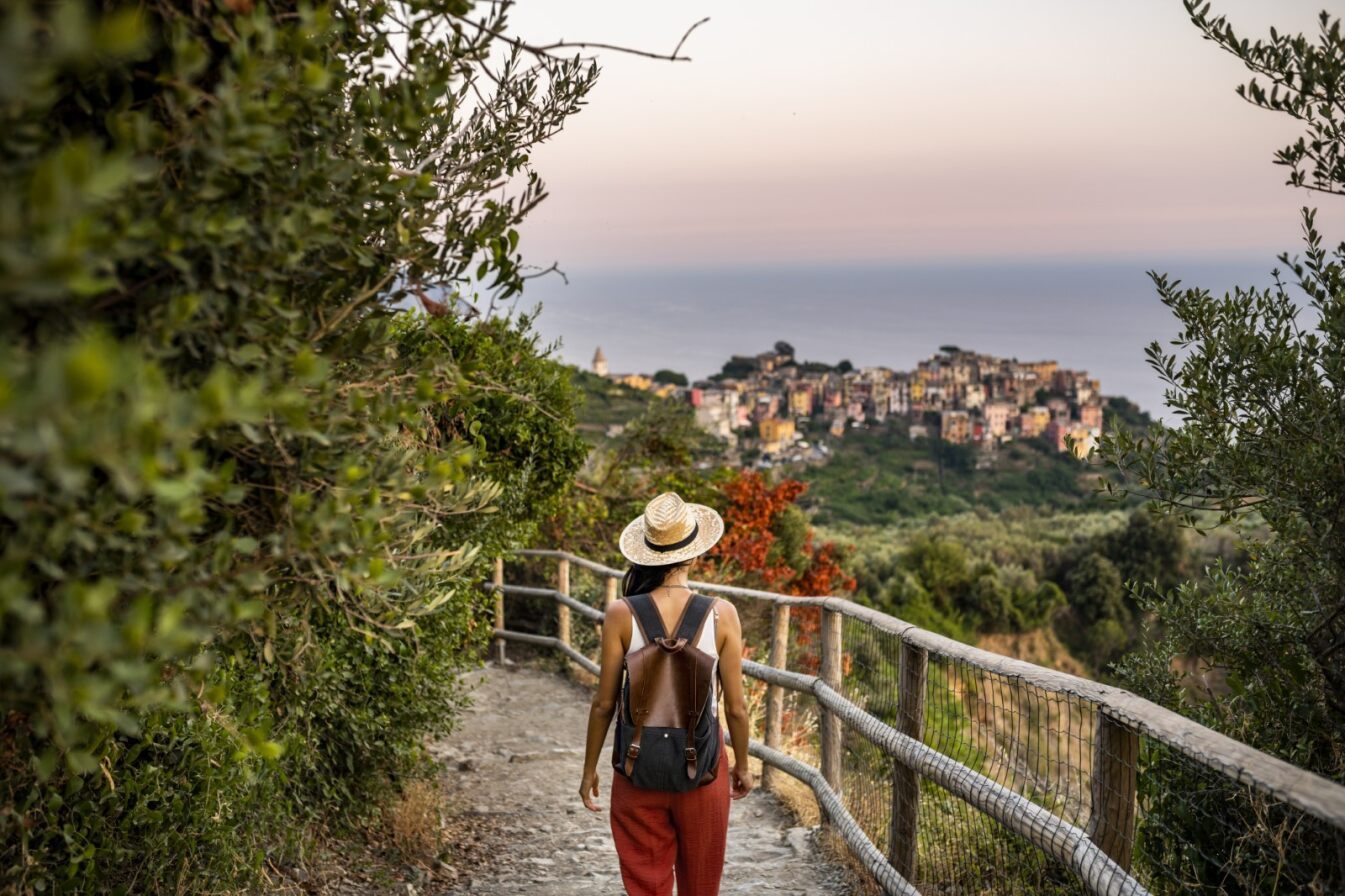
Responsible tourism is a form of travel that aims to preserve the planet and its people. Contrary to popular belief, being a responsible traveller isn’t just about reducing your carbon footprint, it also means travelling in ways that protect ecosystems and support local communities. This approach emphasises long-term sustainability, both environmental and social. Here are some of its core principles:
Respect for the environment
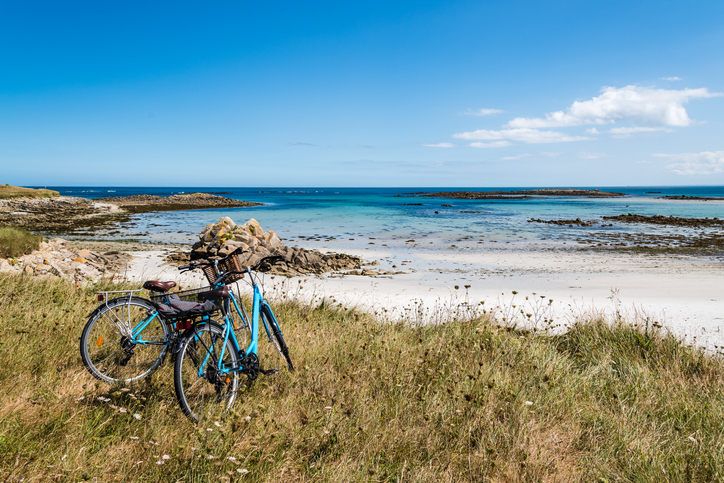
Responsible tourism takes into account the environmental impact of every trip. This means reducing energy consumption, minimising waste, and choosing low-emission transport options such as cycling, trains, carpooling, or public transport. It also involves selecting eco-friendly accommodation, like the houses in the Teritoria community, which share the same vision of sustainable tourism. In practical terms, they are committed to reducing their footprint, notably by calculating the carbon impact of their activities using the Clorofil calculator.
Respect for local cultures
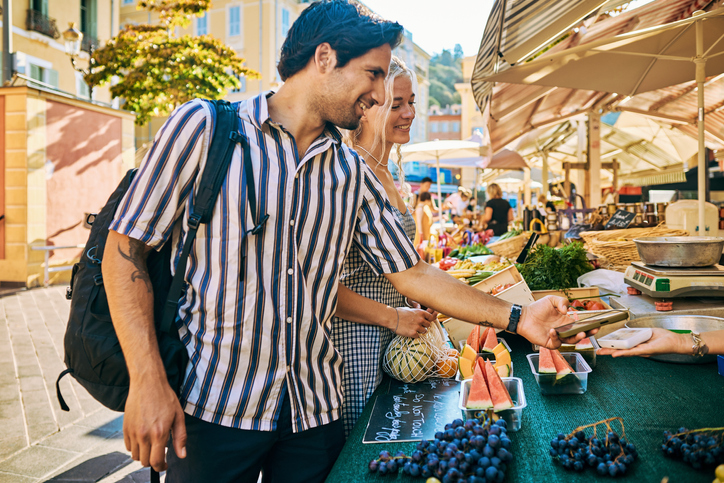
Respect for local cultures and traditions is a key pillar of responsible tourism. Travellers are encouraged to learn about local customs, engage respectfully with residents, and support the local economy by buying regional products. Choosing establishments that are deeply rooted in their communities also fosters meaningful encounters, cultural exchange, and openness to others. The properties selected by Teritoria embody the identity of those who bring them to life, offering a form of hospitality that is both authentic and committed.
Positive contribution to local communities
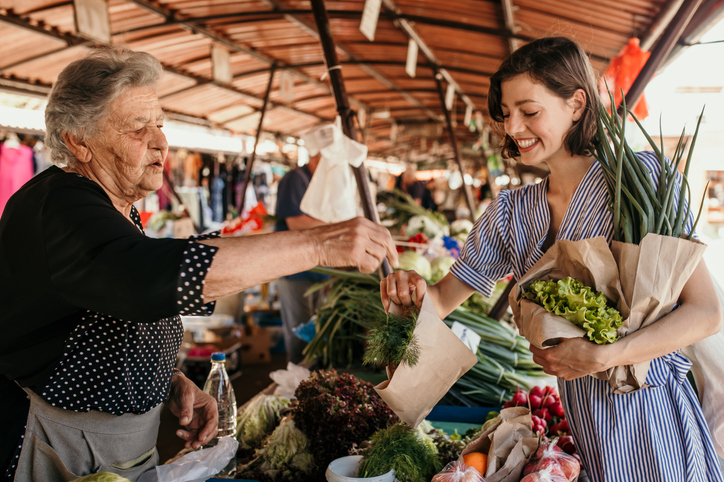
Responsible tourism also seeks to improve the lives of local communities by creating sustainable economic opportunities. This includes promoting local employment, supporting community projects, and helping to preserve cultural and natural heritage.
Types of Responsible Tourism
Responsible tourism can take many forms, and you don’t have to choose just one. You can embrace them all in your travels!
Local tourism

Local tourism supports environmental preservation by favouring nearby destinations and reducing the need for air travel. It also boosts the local economy by encouraging spending in small businesses and regional services.
Low-carbon tourism
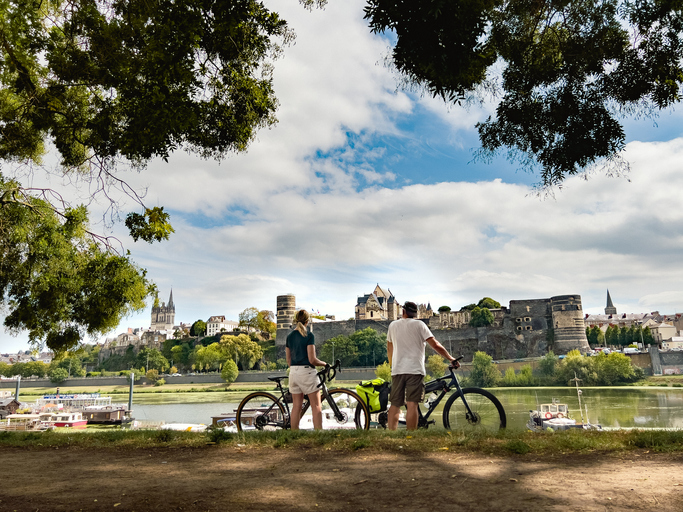
Low-carbon tourism means choosing the most climate-friendly modes of transport, avoiding cruises and destinations accessible only by plane. This helps you stay within your annual carbon budget. It also involves limiting car use and favouring low-emission alternatives such as trains and bicycles.
Slow tourism
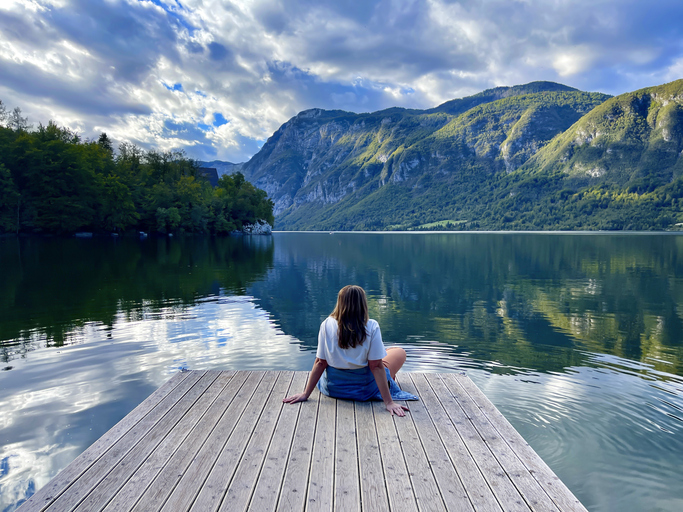
Slow tourism is about choosing to travel at your own pace, rediscovering the diversity of landscapes, local heritage, history, culture, and gastronomy. Far from mass tourism, Teritoria invites you to step away from the crowds. Each hotelier and restaurateur in our guide shares a story of their own: a commitment to authenticity and hospitality that makes every experience unique.
Eco-tourism

Ecotourism places nature at the centre of the travel experience, encouraging observation and discovery in natural areas. This form of responsible tourism includes environmental education, but also calls for avoiding overcrowded sites to help protect fragile ecosystems.
How to be a responsible tourist?

Now that we’ve explored the many facets of responsible tourism, here are a few tips to help you become a model traveller:
Do your homework before you travel
Before you travel, take time to learn about your destination and its sustainability practices. Look for eco-friendly accommodation, local businesses engaged in sustainable initiatives, and organisations that promote responsible tourism. Teritoria’s guide helps you choose places that share your values, curiosity, attentiveness, and a deep connection to place.
Be aware of your impact
Be mindful of how your actions affect the environment and local communities. Avoid waste, limit your water and energy use, follow environmental guidelines, and support local businesses!
Encourage the use of eco-friendly transport
Whenever possible, choose public transport, trains, cycling, walking, or carpooling. Try to reduce long-haul flights, and when flying is necessary, offset your carbon emissions — for example, by supporting environmental projects through NGOs or associations, such as tree planting or solar panel installation.
Respect the local culture
Learn a few words of the local language, respect customs and traditions, and approach each destination with curiosity and respect. If you visit places of worship, follow any specific rules — such as removing your shoes or wearing appropriate clothing. And wherever you are, always ask permission before taking someone’s photo!
Conclusion
By following these principles and showing respect for the planet and its people, we can all contribute to promoting more responsible and ethical tourism. Teritoria is committed to a form of tourism that highlights our regions, connects visitors with local communities, celebrates regional flavours, and offers authentic experiences, all in a sustainable way.
———
Stay up to date and receive our latest articles and suggestions for your next trips by signing up for our newsletter.
To offer a responsible trip to your loved ones, visit our gift shop.
